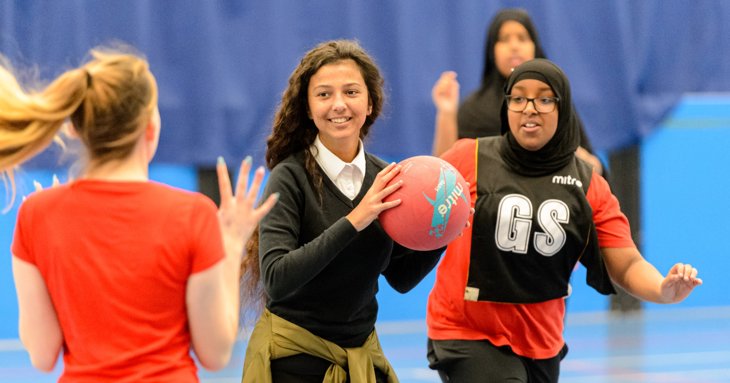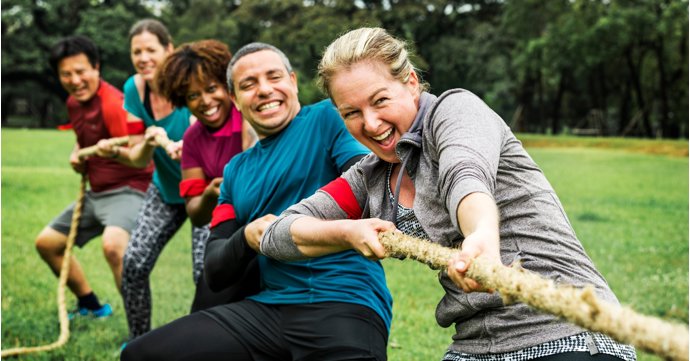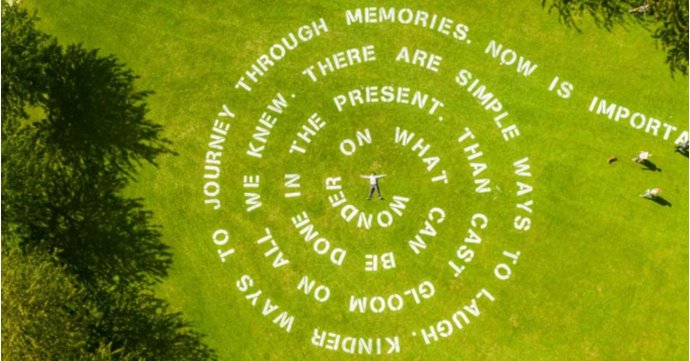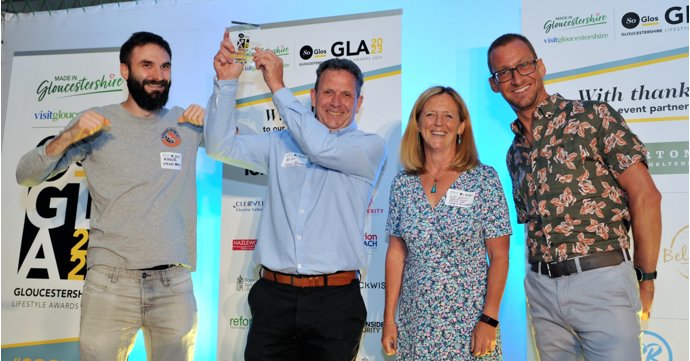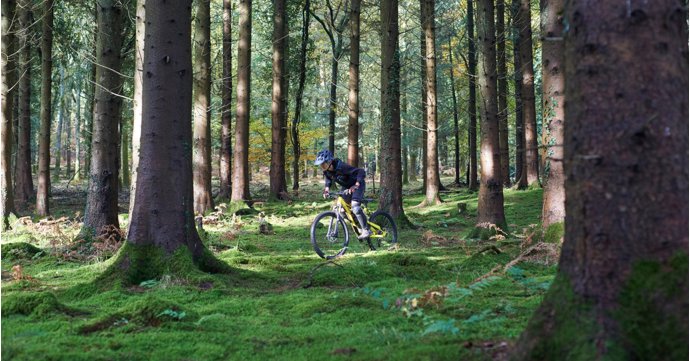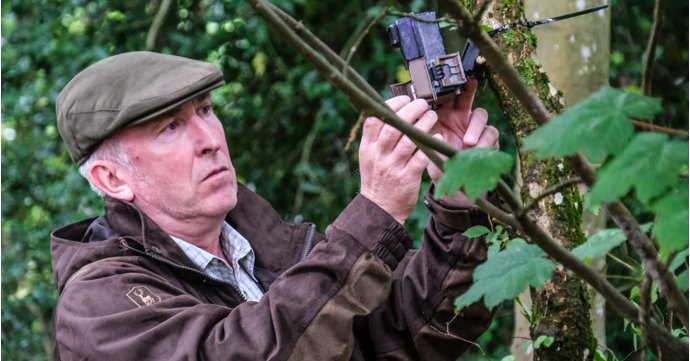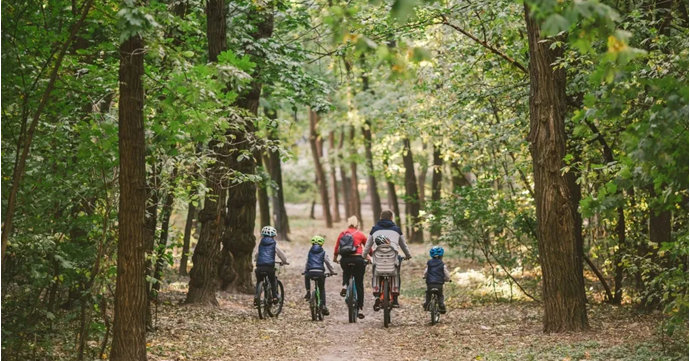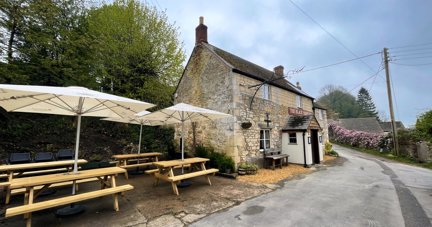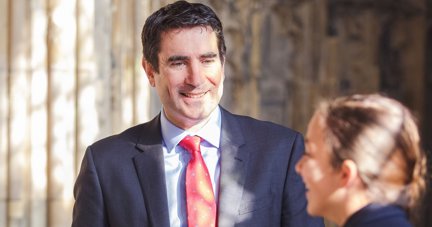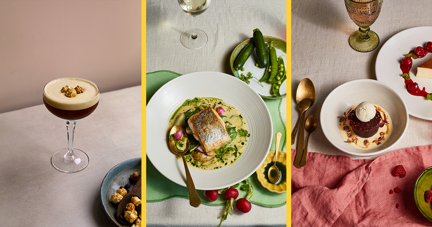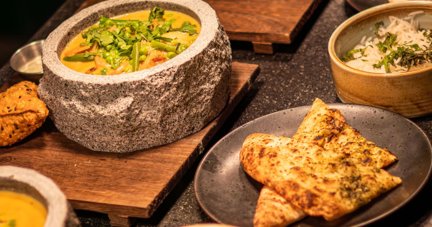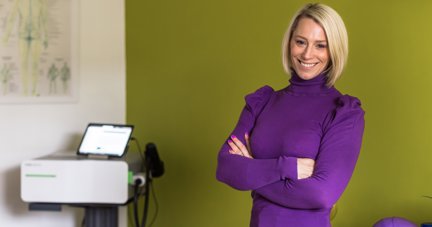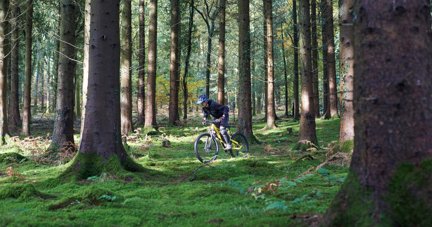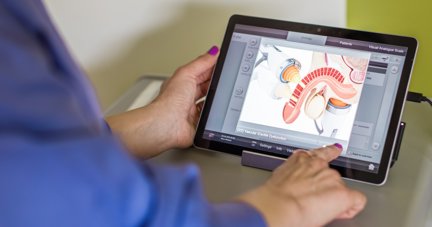Active Gloucestershire, part of a national network of Active Partnerships driving positive change across England, aims to help inspire Gloucestershire residents to become more active and empower people to enhance their lives.
SoGlos spoke to Active Gloucestershire's senior project manager for youth and communities, Nicky Harverson, to find out how she helps get people of all ages to find more joy in life through activity.
What is your background and what got you interested in helping people to get more active?
My interest in supporting people to move more has come from a lifetime of learning about how being active creates space for you to feel good about yourself and brings you joy.
I have been working at Active Gloucestershire for four years, developing programmes with activity providers to connect with children and young people in their communities, to provide a nurturing and welcome space that supports them.
Outside of Active Gloucestershire, I am a qualified cycling coach and work as a coach developer and tutor.
What are the main stumbling blocks you see that stop people getting active?
We know young people have a myriad of obstacles, with the most obvious being transport and access to activities they want to do, but there are also the more nuanced barriers that stop them from taking part. These are more complex beliefs about their capability, or how they feel about their body.
The feeling of being judged is huge, then you overlay the pressures of school work, part-time jobs and wanting to go out with friends, alongside them actually feeling safe about going out by themselves for a run or a bike ride. And safety isn’t just their concern - ask many parents and this is their number one fear. All of these barriers sap the enjoyment out of leading an active life.
How can they be tackled and addressed?
If you want to help young people to get more active, a good start is to listen to them. Really hear what they have to say about the space they want to be active in and how they want to engage with your sessions.
Breaking down the barrier of judgement about how they feel is about understanding their point of view; if you can’t see why or how they feel judged, you will never change their mind about trying something.
We have achieved success by moving the location of sessions to ensure a running club for girls feels unobserved and changed clothing to provide T-shirts that have a range of sizes to feel more flattering or cover all, depending on what they want.
What are some of the best ways to help others get active?
The best way to support someone is to listen to them about what they want to do and the myriad fears and obstacles they see in their path.
Before you try to remove a barrier for them, or give your solutions, ask another question. Find out more about what they would do if they could do it? Ask about their starting point and their beliefs about where they are at the moment. Give them time to have those ideas for themselves.
Finding ideas and solutions is an exploration and means working through the bright ideas to the most likely options.
Above all, refrain from telling them what to do and how to do it; allow them to choose and if it so happens you know of a great place, then by all means recommend it or invite them along.
People are influenced by the strangest of places; parents are rarely able to influence their children - it takes an aunt, uncle or friend of the family to sow the seed.
If this is you, don’t feel left out of the conversation; feel good that your child has a whole village of people around them to offer support and guidance.
How can people keep the momentum going and stay active?
This really comes down to one thing - making sure you enjoy it.
If it’s not fun, you will not stick at it. You can define fun in so many ways, 'fun' to one person could be a hard workout that leaves them feeling broken and sweaty, whereas to someone else, it could be a quiet space to move and relax.
If you don’t enjoy moving that way, it’s all to easy to stop.
What key benefits do you see in people who start getting more active?
Being active supports our well-being by promoting better sleep and reducing our anxiety and stress but it is what it can do for you individually that’s most important.
For me, being active gives me a space to switch from being a robot to a human. It takes all the grind from my day and enables me to put it neatly into a box to open later, if I wish.
It also gives me a community, a place where I belong. I am able to talk freely, share problems and hear from others who want to share their day with me.
Being active also gives me a wider range of conversation when I am with my family or other friends.
Are there any groups you can recommend that help others get active?
Find something local to you – travelling to a group or a club, unless you absolutely love it, is going to set you up for a failure to start with.
Know what it is you want from the activity – community clubs, like running clubs, breeze rides and classes held in village halls, offer great spaces to connect with neighbours, make new friends and be active at the same time.
If you want a challenge or specific goal, then search for whoever specialises in that skill – there are clubs and providers that offer great coaching experiences and there will be a number of different places catering for different needs.
Consider your budget and if you can keep it up financially, week in, week out.
Do you know people who attend the group already and can you find out more about it before you go?
If they have a web presence, give them a follow on social media and see what they post and the comments people make – equally, don’t worry if they are not online or post very little - not everyone is comfortable sharing what goes on in their club.
For a full insight, you might need to speak to members or go for a trial session.


